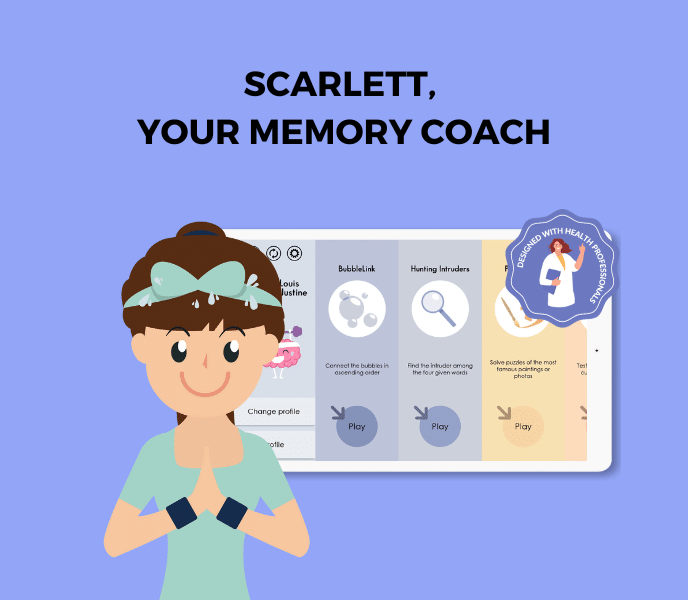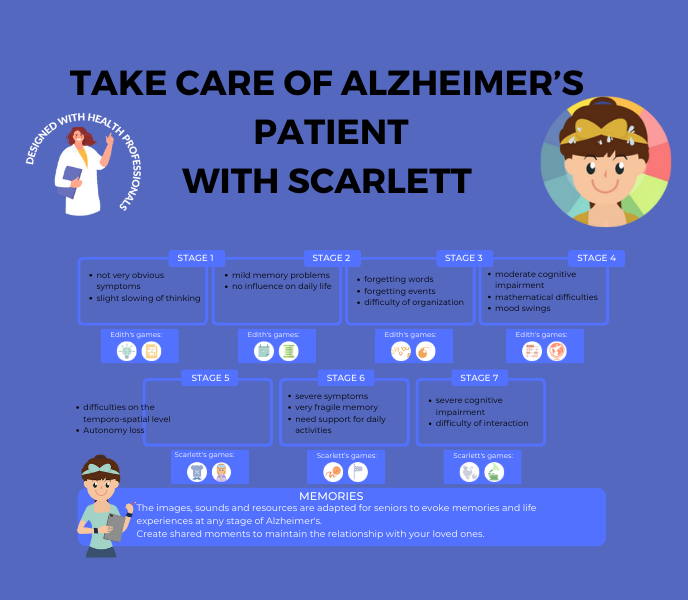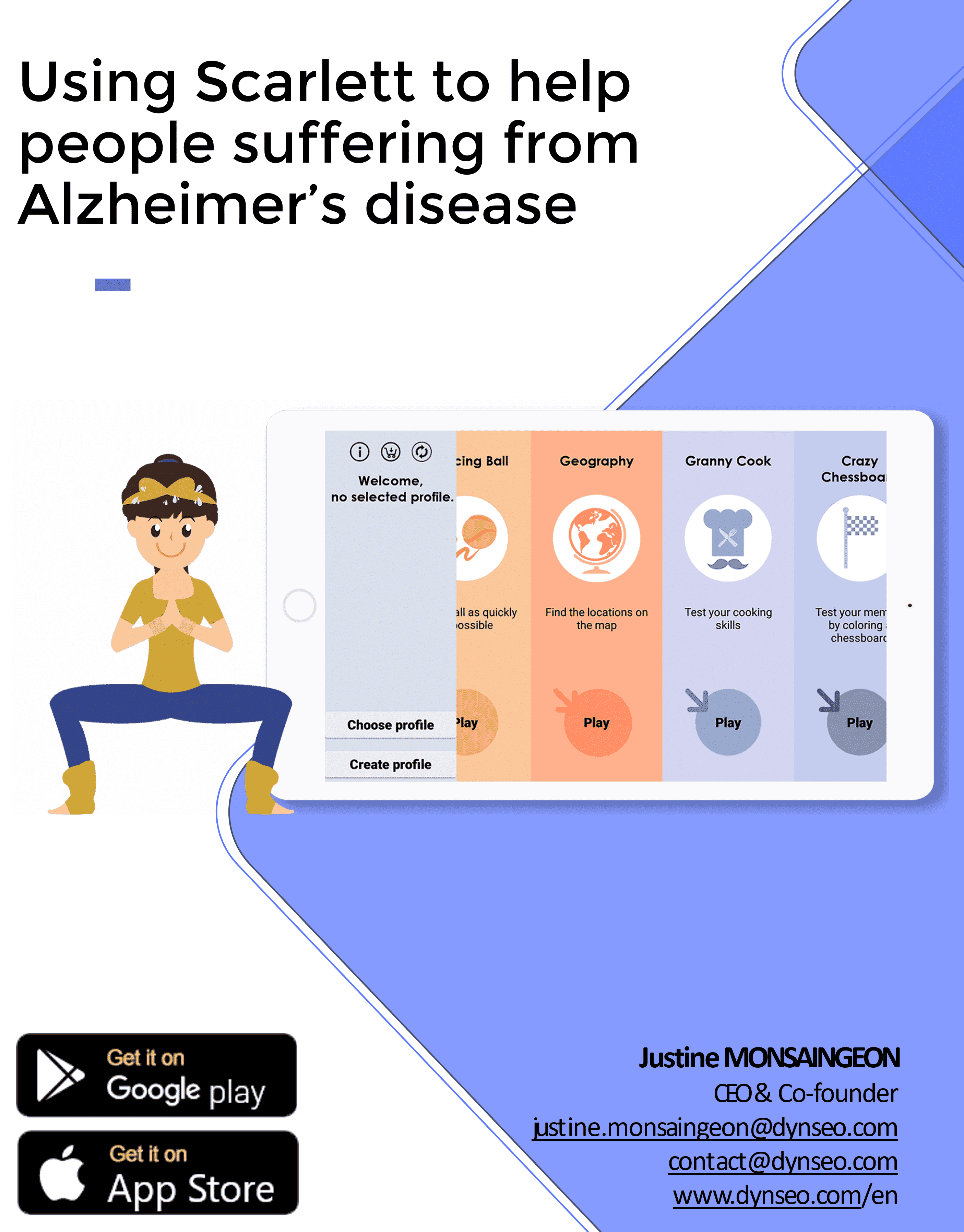Moreover, incorporating games into daily routines can cultivate joyous moments, alleviate stress, and strengthen bonds between caregivers and their loved ones. In this guide, we explore practical tips for seamlessly integrating games into the lives of those living with Alzheimer’s, offering hope and empowerment amidst the challenges of the condition.
Understanding Alzheimer’s
Alzheimer’s disease manifests through a myriad of symptoms and challenges, ranging from memory loss and confusion to difficulty in problem-solving and completing familiar tasks. Individuals afflicted with Alzheimer’s often experience mood swings, personality changes, and struggles with language and communication. These symptoms not only disrupt cognitive functions but also pose significant challenges to daily life activities. Simple tasks such as dressing, cooking, and managing finances become increasingly arduous, leading to frustration and dependency.
The progressive nature of the disease further exacerbates these difficulties, gradually diminishing one’s ability to live independently. As cognitive abilities decline, individuals with Alzheimer’s require increasing support and supervision to navigate daily routines, highlighting the profound impact this disease has on every aspect of life.
Benefits of Game Integration
Incorporating games into the daily routines of individuals living with Alzheimer’s disease offers a multifaceted array of advantages, transcending the realm of mere entertainment. These games serve as invaluable tools for cognitive stimulation, social interaction, and emotional well-being, ultimately contributing to a significantly enhanced quality of life for both patients and caregivers.
Cognitive stimulation
Games designed to stimulate cognition provide crucial mental exercise for individuals with Alzheimer’s. These activities challenge various cognitive domains such as memory, attention, and problem-solving skills, promoting neuroplasticity and potentially slowing down cognitive decline. By engaging in puzzles, memory games, or creative activities, individuals can maintain mental agility and preserve cognitive function to a certain extent, thereby improving their overall cognitive well-being.
Social interaction
Social interaction is fundamental to human well-being, and games offer a structured and enjoyable avenue for fostering meaningful connections among individuals with Alzheimer’s. Whether engaging in board games with family members, participating in group activities at care facilities, or joining online gaming communities, these interactions provide opportunities for social engagement, reducing feelings of isolation and loneliness. Through shared experiences and collaborative gameplay, individuals can build and strengthen relationships, fostering a sense of belonging and social support network crucial for coping with the challenges of Alzheimer’s.
Emotional well-being
Games also play a pivotal role in supporting emotional well-being for individuals with Alzheimer’s. Engaging in enjoyable activities can evoke positive emotions such as happiness, satisfaction, and a sense of accomplishment, thereby boosting mood and overall emotional resilience. Moreover, the structured nature of gaming activities provides a sense of purpose and routine, reducing feelings of anxiety and agitation often experienced by individuals with Alzheimer’s. Additionally, shared gaming experiences with loved ones create opportunities for bonding and creating cherished memories, promoting emotional connections and enhancing overall quality of life.
Types of Games Suitable for Alzheimer’s Patients
A variety of games tailored to the needs and abilities of Alzheimer’s patients can provide engaging and therapeutic experiences. Memory games, such as matching cards or recalling sequences, help exercise cognitive functions and stimulate recall abilities. Simple puzzles, such as jigsaw puzzles or Sudoku, offer a gentle mental challenge while promoting problem-solving skills and concentration. Familiar board games, like Scrabble or Bingo, tap into long-term memories and provide a sense of comfort and familiarity, fostering social interaction and emotional connections with caregivers and peers.
These types of games are not only enjoyable but also serve as valuable tools for maintaining cognitive function, enhancing mood, and promoting a sense of accomplishment and well-being for individuals living with Alzheimer’s.
Practical Tips for Game Integration
Practical tips for integrating games into the daily routines of individuals with Alzheimer’s involve careful consideration and customization to ensure maximum engagement and benefit. Firstly, establishing a consistent routine for gaming sessions can provide structure and predictability, enhancing comfort and willingness to participate. Secondly, adapting games to suit individual needs and abilities is essential for promoting enjoyment and success. This may involve simplifying rules, adjusting difficulty levels, or modifying game formats to accommodate cognitive and physical limitations.
Lastly, creating a supportive environment conducive to gaming experiences is paramount. This includes minimizing distractions, ensuring comfort and accessibility, and offering encouragement and assistance as needed. By implementing these practical tips, caregivers and loved ones can optimize the benefits of game integration for individuals with Alzheimer’s, fostering cognitive stimulation, social interaction, and emotional well-being.
Incorporating Games into Different Daily Activities
Incorporating games into various daily activities can infuse each part of the day with engagement and stimulation for individuals with Alzheimer’s. During the morning routine, simple memory games or puzzles can be integrated to kickstart cognitive function and mental alertness. These activities can include recalling the day’s schedule, matching items, or completing crossword puzzles. In the afternoon, incorporating interactive group games or board games can promote social interaction and camaraderie among peers or family members. Games like bingo or card games can provide both mental stimulation and opportunities for social engagement.
Finally, in the evening, relaxing activities such as gentle stretching exercises or calming sensory games, like sorting colored beads or listening to soothing music, can help wind down the day and promote relaxation and restful sleep. By incorporating games into different parts of the day, caregivers can provide holistic support for individuals with Alzheimer’s, fostering cognitive abilities, social connections, and emotional well-being throughout the day.
Engaging Caregivers and Family Members
Engaging caregivers and family members in the process of incorporating games into the daily routines of individuals with Alzheimer’s is essential for maximizing the benefits of game integration. Firstly, educating caregivers about the cognitive, social, and emotional benefits of games can help them understand the significance of these activities in improving the well-being of their loved ones. Encouraging active participation by involving caregivers in game sessions fosters a sense of connection and collaboration, benefiting both the individual with Alzheimer’s and the caregiver.
Additionally, providing support and resources such as guidance on selecting games for Alzheimer’s, offering training on adapting games for individual needs, and creating a supportive community for sharing experiences and tips can empower caregivers to effectively integrate games into caregiving routines, enhancing the overall quality of care and promoting well-being for everyone involved.
Monitoring Progress and Adjusting Strategies
AND FOR FURTHER INFORMATION

SCARLETT, YOUR MEMORY COACH FOR ALZHEIMER’S
The SCARLETT play program has been specially designed with healthcare professionals for use with Alzheimer’s patients. Non-checking games adapted to their level and prior knowledge. The aim is to focus on the pleasure of playing.
Other articles that might interest you:
The Role of Cognitive Apps in Speech Therapy for Alzheimer’s Patients
Alzheimer’s disease is a progressive neurological disorder that primarily affects memory, thinking, and behavior. As...
Memory Apps for Alzheimer’s: Enhancing Recall in Speech Therapy Sessions
Alzheimer's disease is a progressive neurological disorder that primarily affects memory, thinking, and behavior. As...
Cognitive Rehabilitation Apps for Speech Therapy with Alzheimer’s Patients
In recent years, the landscape of cognitive rehabilitation has evolved significantly, largely due to the advent of...







